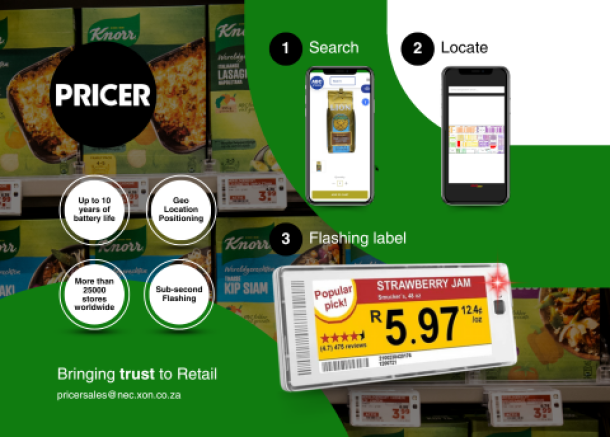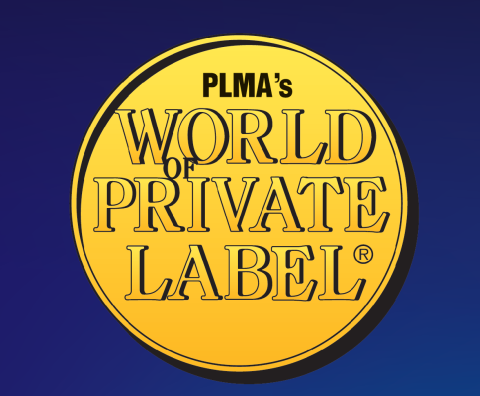
Private Label Continues to Thrive in Europe
The PLMA International Council reports that private label share across 17 countries in Europe continues to grow, according to an update on the latest market data from NielsenIQ commissioned by PLMA.
Share grew to 38.1% based on MAT W28 2023 (+1.7% points versus MAT W28 2022).
NielsenIQ surveyed 17 markets for PLMA’s 2023 International Private Label Yearbook and noticed an increase for retail brands in 16 out of the 17 countries. The only exception is Switzerland, where the private label share slightly declined.
European markets remain some of the biggest private label markets globally: 11 markets sustained their market share position above 30%, and six markets are now above 40% of private label share.
“The findings from NielsenIQ confirm the powerful growth of private label,” said PLMA President Peggy Davies. “More consumers turn to private label products as part of their daily shopping basket because of the quality and affordability.”
The highest growth countries in private label share are Portugal (+4.4% points), Germany (+2.9% points), The Czech Republic (+2.8% points) and Spain (+2.2% points). While Switzerland is the only country showing a decline in private label share, it is still the country with the highest share across the 17 countries tracked. The share of Switzerland is in 2023 51.8% (-0.1% points vs last year), Switzerland remains the only country with a share higher than 50%.
Europe’s largest markets - Germany, United Kingdom and France - have a collective private label share of 39.6% in 2023, up 1.9% points vs last year. The highest share growth for the largest markets is visible in Pet Food, Ambient Food and Frozen Food, all categories grew over 2% points in share.
Spain and Portugal Private Label gained share with +2.5% points, the highest share growth is visible in non-alcoholic beverages, which grew with +3.4% points. In Spain and Portugal there is only one area with a decline in share: Healthcare.
In Belgium (38.9%) and The Netherlands (44.9%) the private label share grew with +1.5% points. The highest growth for the two countries is visible in paper products, home care and ambient food. All categories grew over 2% points in share.
Also the Nordic countries, Denmark (35.1%), Sweden (27.9%), and Norway (21.9%), show growth in private label share, together the countries grew +1.7% points in share. Growth of private label share is visible in all categories. The highest share growth is visible in paper products (+4.0%).
Also in Eastern Europe, Czech Republic (23.2%), Hungary (29.1%) and Poland (32.7%), the private label share is showing a continued and steady growth. The highest growth in private label share is visible in perishable food and pet food.
According to NielsenIQ’s data, perishable and frozen foods; paper products; and ambient food are the Top 3 categories of private label value share, with an average of 51.3% representing in total 230 billion in euros across the 17 European countries tracked.
The private label sales grew with 43 billion euros across the 17 European countries tracked. Perishable and ambient food have the highest contribution to this growth.
Related Articles
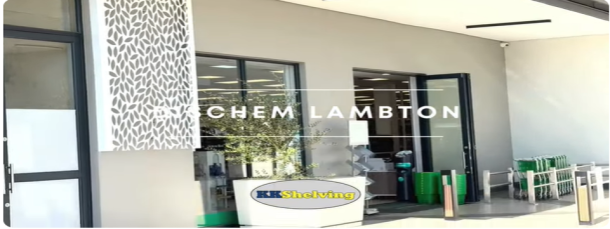
KK Shelving offers versatile shelving solutions

Transport Cooling Africa is proud to announce t...
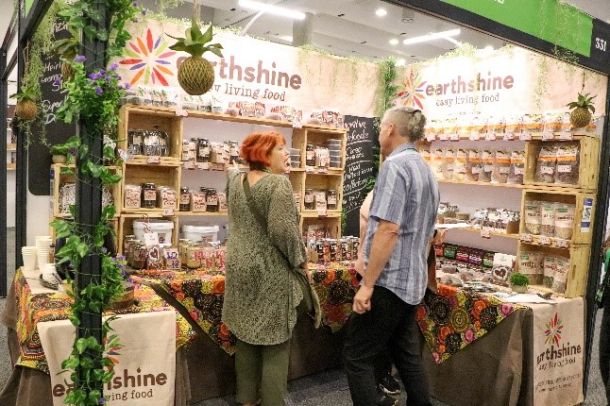
The Good Life Show (JHB): ‘Two-for-One’ Tickets...
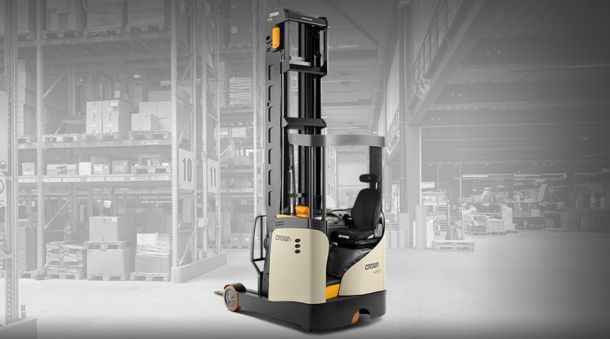
Celebrating 40 Years of Unparalleled Partnershi...
